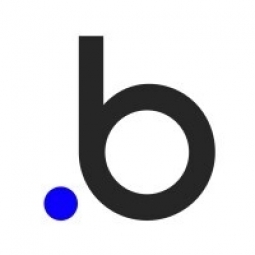Bubble Group
Case Studies
Beegle: Bridging the Gap Between Help Seekers and Providers Using IoT
Overview
 |
Beegle: Bridging the Gap Between Help Seekers and Providers Using IoTBubble Group |
Application Infrastructure & Middleware - Event-Driven Application Platform as a Service (PaaS) - Application Development Platforms | |
Cement Telecommunications | |
Product Research & Development | |
Inventory Management Time Sensitive Networking | |
Training | |
Operational Impact
| Beegle has been successful in creating a platform that bridges the gap between help seekers and providers. The app has been able to quickly implement changes based on feedback from customers and team, demonstrating its adaptability. The co-founders have also been successful in building a robust backend operations management system that helps serve incoming needs in a short period of time. They are in the process of streamlining their operations further to build a sustainable business. Their future plans include building a fully self-serve platform, including a mobile app where people can post their requirements, helpers can post their availability calendar, and matching can be done automatically. | |
Quantitative Benefit
| Beegle has been live for about two months and has been getting a good response from the market, validating the need for such a platform. | |
| People continue to reach out to Beegle with their varied needs, including some from out of state, indicating potential in addressing needs across multiple cities. | |
| Beegle has started generating cash flows. | |


